Having quality indoor air is vital to the health and safety of your entire family. However, babies can be some of the most easily affected. We know that babies are adversely impacted by poor air quality and can lead to the development of breathing problems such as asthma. Science has shown this to be the case. This is why it is vital that you do what you can to improve the air quality in your home and where your baby sleeps. Our HVAC specialists will offer our tips to help you get through this.
Things to Consider
We know the factors that impact indoor air quality. One of the most important, but often forgotten one is that a clean home will give you clean air. The reason is that dust and other particulates sitting on surfaces throughout your home can be kicked up by normal everyday activities. All of these particles recycle over and over between sitting on your couch and being kicked up into the air. It’s important to implement a cleaning routine to clear out dust.
Secondly, we know that certain materials absorb particulates. Carpet is one of the primary suspects in this regard. We recommend a hard surface floor where your baby sleeps. Carpets are harder to clean and the dense fibers suck dust and grime out of the air. Science has shown that babies who sleep in a carpeted room are more likely to develop asthma.
Lastly, consider other potential allergens in your home. Pets are a vital part of the family, but they do shed. Try to limit this through regular grooming. Additionally, clean the baby’s bedding if the dog or cat has been in there. Watch out for other toxins like paint. If you’re worried, it’s always best to do your own research and double check.
How Your HVAC System Can Help
Your HVAC units are consistently pushing air throughout your home. Luckily, we can place filters in your vents to clean that air as it passes through. This is a great way to improve indoor air quality, but it requires a certain amount of vigilance on your part. If you have standard media filters, they need to be replaced every 1-3 months or they will quickly become ineffective.
If you’re interested in an Indoor Air Quality Assessment, fill out our form online or call us at (843) 242-0855. Our technicians are trained in cleanliness and take the utmost care and caution when helping your home.


.2007150120550.png)